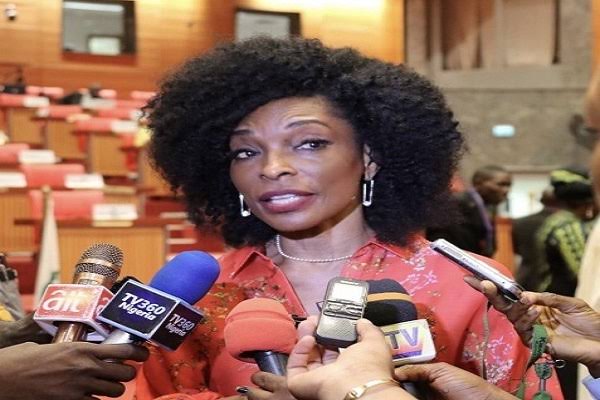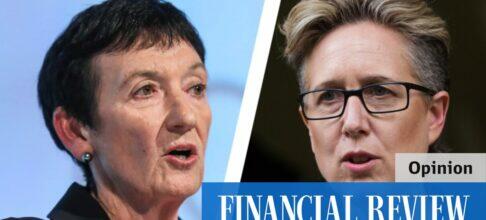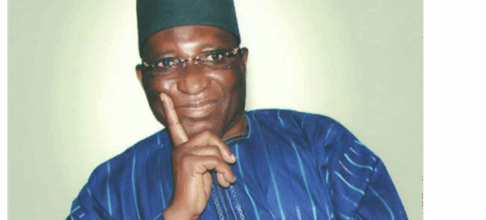The former Director General of the National Senior Citizens Centre (NSCC), Dr. Emem Omokaro, has called on state governments to domesticate the National Senior Citizens Act to improve the welfare of the elderly.
Omokaro made the call at the first anniversary of the Quarter Pass 65 podcast and the launch of its compendium, where she stated that only about 4% of older persons in Nigeria have access to formal pension coverage and stressed the need to prioritise the issues affecting older persons in the country and their health.
Omokaro stated that for a very long time, Nigeria had no policy for the elderly, stressing that the policy that was written was the policy that families had, and nobody really interrogated the policy or the incapacity of families to care for their elderly, only until things began to fall apart. Urbanization.
She observed that the 2013 Global Age Watch Index, which used identifiable comparable data to rank countries on the well-being of their older persons, showed that out of 90 countries, Nigeria ranked 85th.
Omokaro noted that the index looked at the well-being of older persons in terms of income security, pension coverage, how many people were covered by pension, as well as the poverty of older persons.
She said, “Nigeria was 85, Ghana was about 40-something. We were only competing with Afghanistan, the country that was at war, so you can imagine, and then later on in 2015, Nigeria went further than that; it became 86 out of 95.”
Omokaro stressed that the adoption of the Act by states is crucial to addressing the unique challenges faced by older Nigerians, especially in rural communities.
According to her, the state governments must be committed to streamlining and aligning with the federal governments efforts in helping older people.
States should develop their own policies. Before I left, three states had their state policy. This is how the impact will be felt in the rural areas, she added.
Omokaro described the signing of the National Senior Citizens Centre Act in 2017 and the adoption of the National Policy on Aging in 2021 as milestones that provide a legal framework for protecting the rights of older citizens.
She said, Now, for the first time, we have a legal and institutional framework recognising that older persons are citizens with rights, rights to be heard, to be included in budgeting, and to benefit from national development.
The podcast host, Dr. Stella Ayamara Dorgu, noted that ageing comes from the joy of having experience and positively impacting the world and also brings health, social, and mental challenges.
Dorgu noted that older individuals of all ages face a lot of health challenges, such as back and neck pain, osteoarthritis, and spondylosis.
She said, “There are numerous challenges that take considerable time to balance, but we need to recognise that it is a serious business. This broadcast seeks to raise awareness about the challenges that those who are over 65 face and to provide a forum for them to learn how to navigate this stage of life and to facilitate engagement between older persons, the government, the communities, and the families. Our aim is to offer insights into coping with these challenges, how to build resilience and achieve personal fulfilment.
“Quarter Pass 65 today, after one year, is not just a podcast, but a movement. It’s a movement rooted in dignity, in dialogue, and in the belief that every story from our elders is a bridge between yesterday’s wisdom and tomorrow’s choice.”
Dorgu stated that in the past year, the podcast has engaged older adults, men and women in discussions and valuable insights on various important topics, including the economy, social life, marriage, building careers, financial security, personal sacrifices, national vision, life regrets, and achieving fulfilment.
She noted that she witnessed firsthand the silent struggles that elders face, ranging from loneliness, neglect, to limited care, adding that her target is to change that narrative.
Dorgu said that the launch of the compendium is a celebration of that vision.















